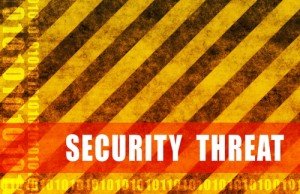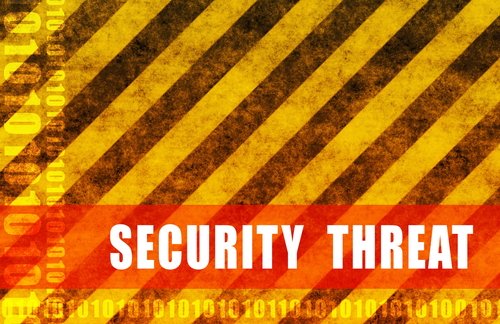Attacks that employ a variety of malicious programs, phishing attacks, and spam remain the cyber threats most frequently encountered by companies. These are the findings published in the Global Corporate IT Security Risks 2013 survey, conducted by B2B International in collaboration with Kaspersky Lab.
 66% of the survey’s respondents reported that their companies were targeted in attacks involving viruses, worms, spyware, and other types of malicious programs. The volume of spam attacks is noted by 55% of companies. While phishing attacks, that remains in the top three most prevalent threats in external attacks against corporations, were launched against 33% of companies.
66% of the survey’s respondents reported that their companies were targeted in attacks involving viruses, worms, spyware, and other types of malicious programs. The volume of spam attacks is noted by 55% of companies. While phishing attacks, that remains in the top three most prevalent threats in external attacks against corporations, were launched against 33% of companies.
Companies in South America were the most frequent targets of malicious attacks: 72% of respondents from that region ranked viruses and spyware the number one external threats. Russian companies were also frequent targets, with 71% of Russian companies reporting attacks. North America was the third most-attacked region, with 70% of companies reporting attacks. Japanese companies suffered the least, with only 47% of survey participants reporting any malware attacks.
Meanwhile, spam is most frequently encountered by North American and Russian companies (69% and 67%, respectively). The companies dealing with the least amount of spam are located in the Middle East (55%) and in Japan (42%).
Companies from North America are subjected to phishing attacks more often than in other regions (51%), followed by the Asian Pacific (46%). The companies with the lowest phishing rate are located in Russia, Japan, and South American countries (an average of 26%).
Malicious attacks are actually the number one reason behind serious leakages of confidential data — 22% of companies globally and 18% in the GCC reported that they have suffered data leakages after these types of attacks. The global average indicated that these incidents are more common among small and mid-sized companies (23%), while large companies are targeted less frequently (17%).
Data leakages are less frequently the result of phishing attacks, with an average of just 5% of companies both globally and in the GCC encountering these types of incidents. However, the percentage of large companies that lost data due to phishing attacks is a bit higher (6%) than the number of SMEs in the same situation (5%) as reported globally.
The number of cyber threats is growing constantly, for example Kaspersky Lab is discovering 315,000 new malware samples every day, compared to 200,000 last year. This is forcing companies to pay more attention to their security, especially after they experience a cyber-incident.
However, according to the survey only 64% of businesses have fully-implemented anti-malware (anti-virus and anti-spyware) protection in place. That is a small improvement on last year’s figure of 62%. The corporate security situation is changing – more and more companies are turning to complex security solutions.
The varied range of attacks launched against companies means that companies need a professional security solution capable of effectively counteracting dangerous cyber threats. Kaspersky Endpoint Security for Business is a solution that protects corporate IT infrastructures.
Along with its modern antivirus technologies, it also includes components that protect against targeted attacks, phishing, and spam. Featuring regular interaction with the Kaspersky Security Network cloud service and the application of complex heuristic detection and threat blocking, Kaspersky Lab’s solution will provide reliable security for the IT infrastructure of any type of company.











